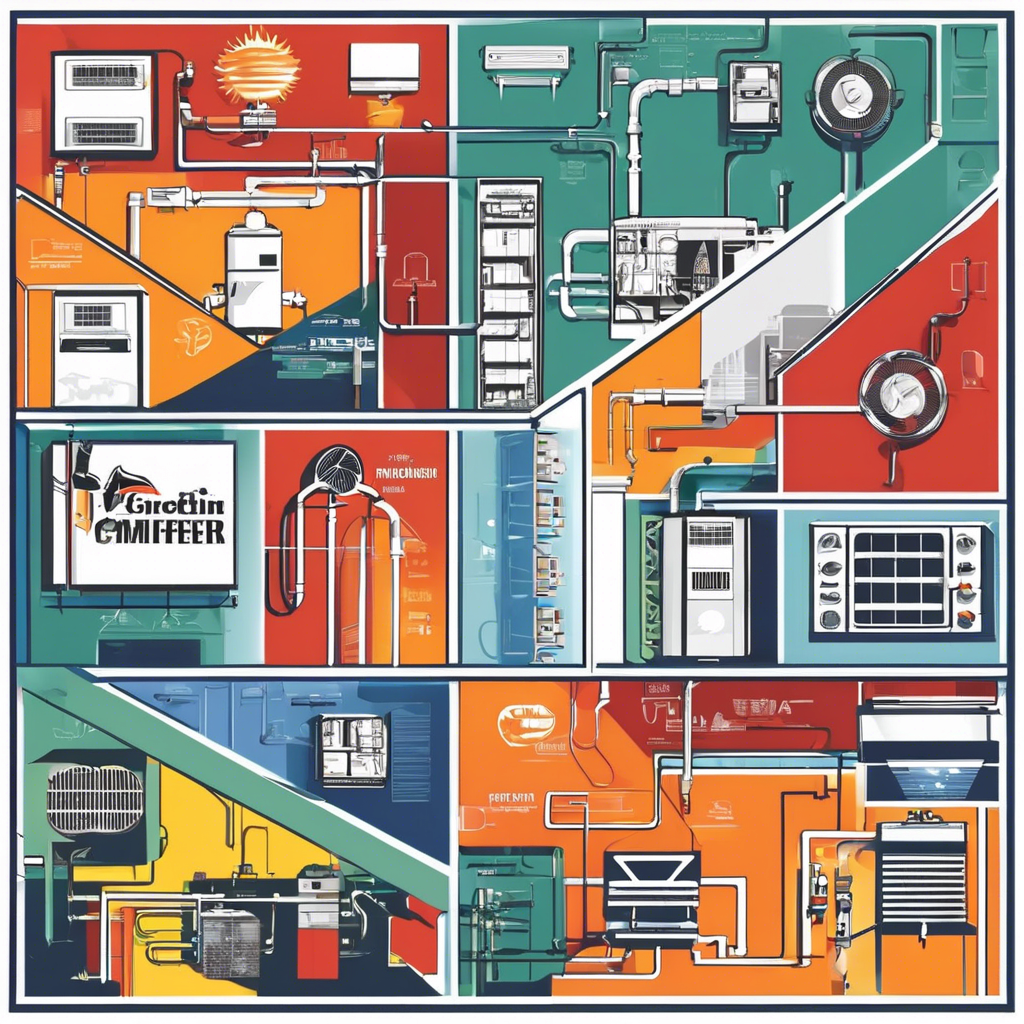HVAC certification programs provide individuals with the necessary training and credentials to excel in the heating, ventilation, and air conditioning industry. These programs offer a structured curriculum that covers essential topics such as HVAC systems, installation, maintenance, and repair.
One of the primary benefits of enrolling in an HVAC certification program is the opportunity to gain hands-on experience. Students have the chance to work with actual HVAC equipment and tools, allowing them to develop practical skills that are crucial in the field.
Additionally, HVAC certification programs typically include classroom instruction on topics such as electrical systems, refrigeration principles, and HVAC codes and regulations. This comprehensive education equips students with a strong foundation of knowledge to succeed in the industry.
Furthermore, completing an HVAC certification program demonstrates to potential employers that an individual is dedicated and knowledgeable in the field. Employers often prefer hiring candidates with formal training and certification, as it indicates a level of competence and professionalism.
Moreover, HVAC certification programs often provide job placement assistance to graduates, helping them secure employment in the industry. This support can be invaluable for individuals looking to kickstart their careers in HVAC.
In addition to job placement assistance, some HVAC certification programs offer apprenticeship opportunities, allowing students to gain real-world experience under the guidance of seasoned professionals. This hands-on training can significantly enhance a student’s skills and marketability.
Furthermore, HVAC certification programs may also prepare students to obtain industry-specific certifications, such as EPA 608 certification for handling refrigerants. These additional certifications can further enhance a student’s credentials and open up more job opportunities.
Moreover, HVAC certification programs are often flexible, offering both full-time and part-time options to accommodate students’ schedules. This flexibility allows individuals to pursue their HVAC training while juggling other responsibilities.
Additionally, HVAC certification programs vary in length, with some programs lasting as little as a few months and others extending to a year or more. This flexibility in program duration allows students to choose a program that best fits their needs and goals.
Furthermore, the cost of HVAC certification programs can vary depending on the institution and program length. However, many programs offer financial aid options, scholarships, or payment plans to help make the training more accessible to students.
In conclusion, HVAC certification programs provide a valuable opportunity for individuals to acquire the skills, knowledge, and credentials needed to thrive in the HVAC industry. By enrolling in a certification program, students can gain practical experience, industry-specific education, and professional certifications that can set them up for a successful career in HVAC.
